FUSION music perhaps played one of the biggest parts in shaping British Asian culture and one of the early pioneers was Najma Akhtar.
Blending south Asian music rooted in centuries of rich culture with modern western contemporary sounds and performing on the biggest global stages enabled the path-breaking singer to inspire a generation to follow in her giant footsteps. She opened doors into the western mainstream for other artists, but also laid the foundation for exciting new genres and helped bridge a significant cultural divide.
The popular singer is still delighting audiences on the live scene and delivering music like her captivating Five Rivers album that continues to cross new creative horizons.
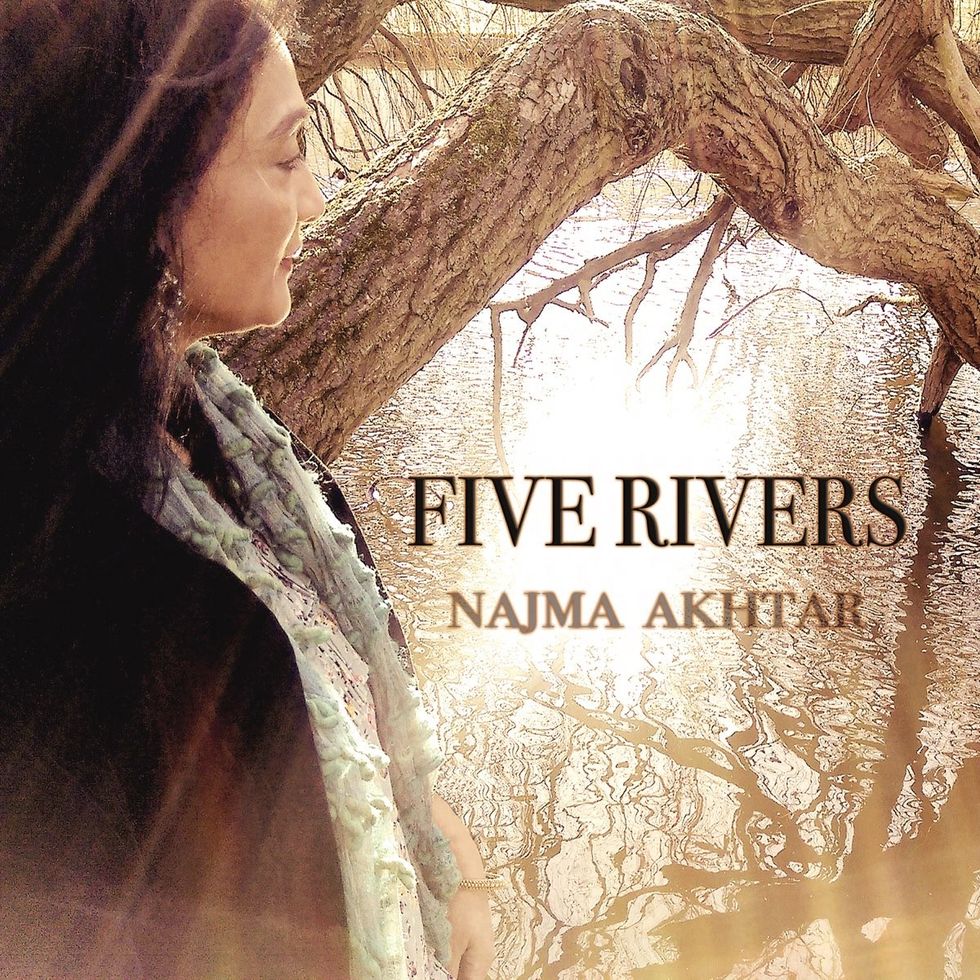
That strong body of work recently resulted in her receiving an Eastern Eye ACTA award for music. The iconic star discussed her history-making journey, ahead of a hotly anticipated central London show at Crazy Coqs in Brasserie Zédel on June 21. She also spoke about music, singing, her forthcoming show, fabulous Five Rivers project and inspirations.
How do you reflect on and describe your music journey?
My journey has been one of discovery, opportunity, refection and joy. I’m always truly thankful to the support I received from my family, Mohammed Ayyub of OSA, Iain Scott and Bunt Stafford-Clark of Triple Earth, Womad, classic press and magazines. Also, all the southeast Asian artists for helping, giving opportunities, encouraging, and teaching me the ways of music. There are so many names that I would need a separate page to list them all. That is one of my main reflections, as it all went hand in hand.
What keeps your passion for singing alive after all these years?
No matter what artistic talent one has, once an art is embedded in the psyche of your body, heart and mind, it’s there forever and never really leaves. So, my love to explore new collaborations and create new challenging and diverse music that goes beyond the norm keeps me going too.
When you first started, did you imagine being such a path-breaking artist, who would open so many doors for others?
In reflection and looking back now, I can see the results of the long-term influence I have had on British-based, southeast Asian artists.
Honestly, at the time, being caught up in the hard work and adrenaline, I couldn’t see that I was actually making such huge waves, breaking both musical and cultural barriers. I had no idea that what I did musically at that time would mushroom into such a legacy, catapulting me into ‘iconic’ status.
How do you feel about the fact that so many artists have been inspired by you?
It’s extremely humbling to know that artists have taken inspiration from my music, style, performance, instrumentation, and experiences. Sharing my music lights me up, and make me happy.
Which of your many songs holds the closest place to your heart?
That’s a tough one. Each song has a special story behind its conception. I keep thinking that one day I will talk about them individually on my YouTube channel. Inshallah, I will definitely share my full story on YouTube at some point (or even a book). So, watch out for it.
How much do you love live performance?
Live performances are like magic dust for all artists. Even though rehearsed, I love the fact that at any given time, arrangements within a fixed parameter may change on stage. This high musicianship and understanding between musicians allows a great degree of impromptu and spontaneous creativity and improvisation. The critical part of any final performances are always the sound checks and I am always in stress mode for that.
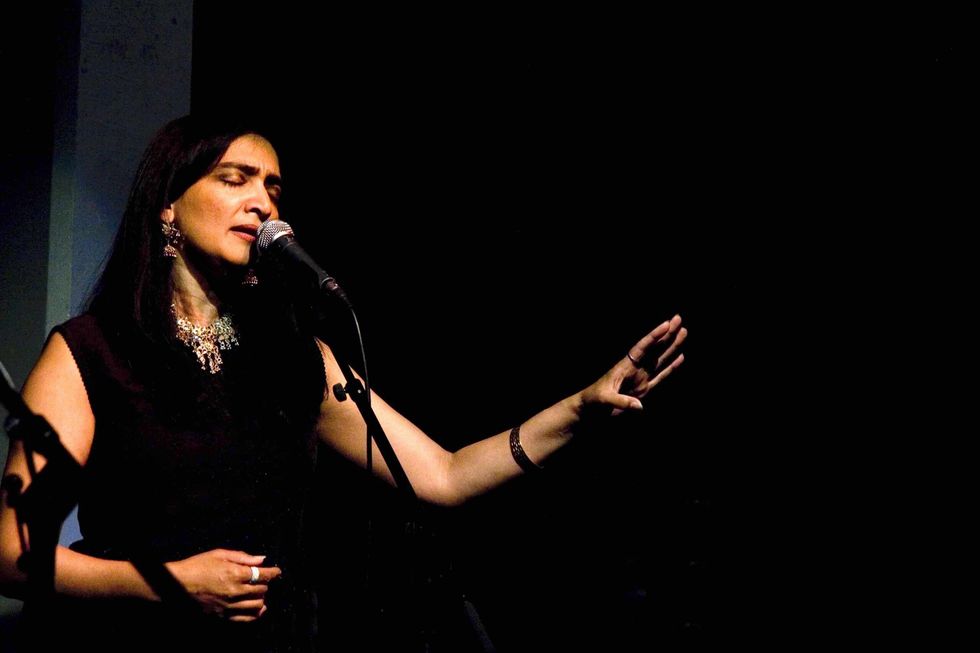
Tell us about that.
What we, as musicians, hear on stage is not what audience hears. So, getting the right balance of all instruments and voice is always delicate. And there is never enough time before the doors open.
What has been your most memorable live performance?
There are just so many of memorable performances. Have you heard of (music legends) Nina Simone, Robert Plant, Jimmy Page, and Jah Wobble to name a few? Yup, I have performed with them. Plus, my own solo/band performances. Performing all over the world at classic music festivals, even before the name of WOMAD was common place, one of which was Glastonbury Music Festival with WOMAD.
You have had a formidable live career. Which others would you say have been memorable?
The Paleo Music Festival Switzerland, Japan tours, Ronnie Scott’s, gosh so many. All mentioned on my website (www.najmaakhtar. com). Remember, this was all before the age of internet and social media. I know many of our southeast Asian artists and public in general are totally unaware of what I actually achieved and where I went at that time. Great times though.
Tell us about your Five Rivers project.
Five Rivers is a confluence of musical, poetic, and linguistic traditions of the east and west, absorbing musical traditions of West Africa, Mississippi Delta, western folk traditions, ghazal, rock music, jazz, and psychedelia. Over the years, it has become a transformative journey where the rivers of various collaborations have profoundly influenced me. The idea didn’t really go anywhere until I came across two western songs that struck a deep chord with me.
Which were the songs?
It was a Celtic folk song titled, Black Is The Colour Of My True Loves Hair and blues track Death Don’t Have No Mercy. Chalk and cheese in terms of lyrical meaning but both equally haunting. One full of deep romantic unrequited love and the other full of the melancholy of death.
To me both were ghazals but in the English language. When I put my voice to them, I was hooked by the idea of exploring synergies that exist between the ancient traditional poetic art form of the south east Asian romantic ghazal ballads and western traditions of songs.
So what happened next?
So, using other selected covers written by great western songwriters such as Donovan, Tim Harding, Rev Gary Davis and the mystical love poetry of WB Yates allowed me to compare the many shared reference points between the ancient tradition of ghazal (romantic Urdu poetry) and western tradition of lyrical poetry, both beautifully addressing the issues of unrequited loss, tragedy and disillusionment. The voice that tells a story.
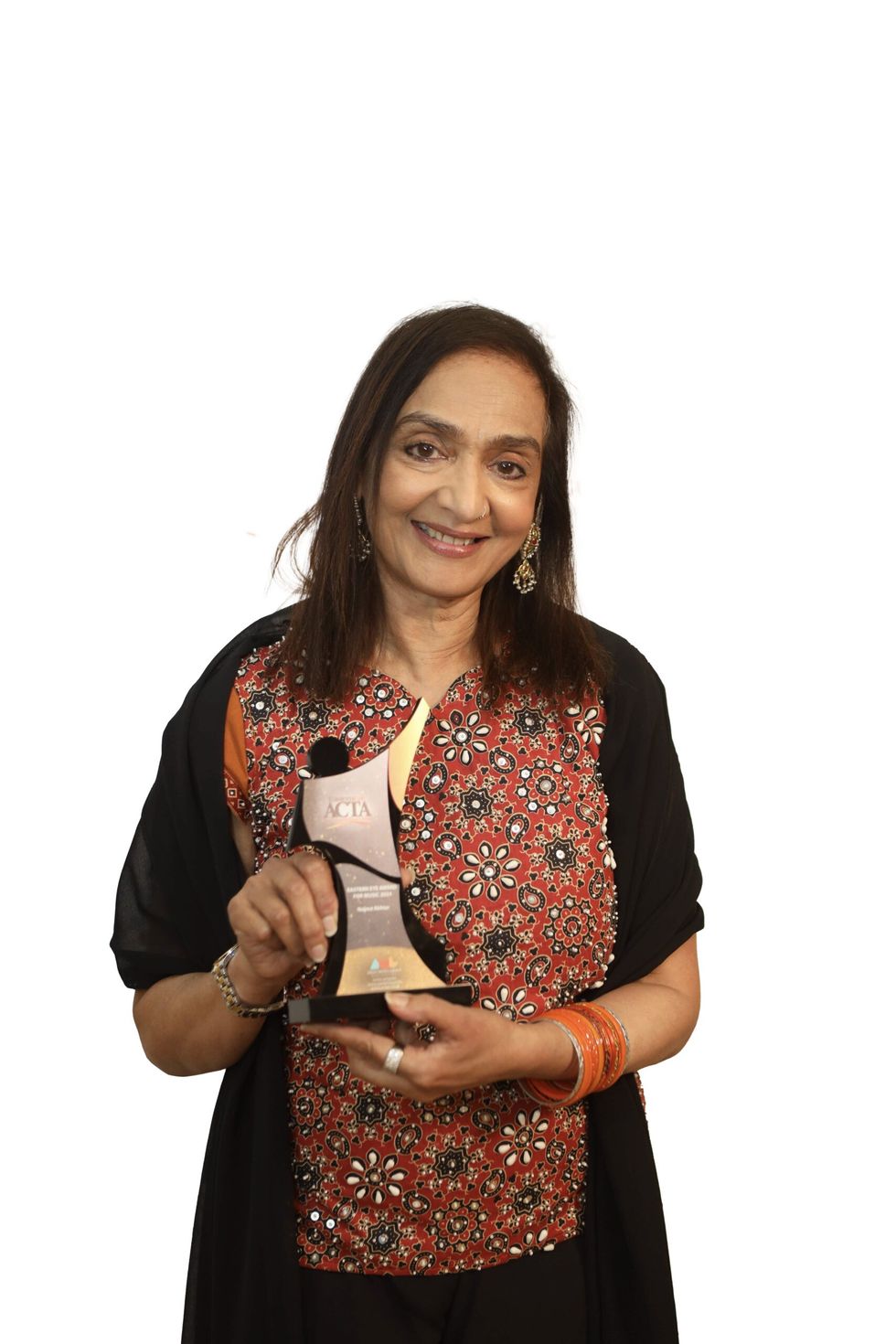
What can we expect from your forthcoming show?
This is where it becomes interesting for people that are open to diversity in music. There will be sounds of Asia, alongside Delta blues, Celtic and rock styles. My June 21 concert in central London will be bilingual, combining Urdu ghazal with Sufi-spiritual, Punjabi classics of course, with English poetry, expressed through contemporary western songs. It also includes some western covers from Five Rivers. I have a great band accompanying me and the venue is very chic.
How do you generate so much emotion in your voice?
Wow! That’s a very humbling question. Such sentiments fulfil me as an artist, making the ups, downs and hard work of music all worthwhile. My voice helps me to find balance, energising me both spiritually and mentally, while feeling grounded. All I can say is that it is a blessing from God and the listeners, who voice their appreciation.
What kind of music dominates your own personal playlist?
I love music in all forms, crossing from the east to west. Contemporary, classical, traditional, spiritual, religious, folk, world, blues, jazz. The list is endless. I also have great admiration for rappers. That is quite surprising about rappers.
Can you tell us about that?
Unlike a ghazal or typical standard-length songs, a rapper’s lyrics are just pages and pages of words that are political, debatable, and controversial, and are all totally memorised for a performance. For me, when subtitled, I get to read and appreciate the depth of their expression and art.
Today, what inspires you?
Inspirations comes from many things. It could be from something initially small and insignificant that lurks in the back of your mind for years or something current and larger than life. Or something that immediately resonates with you. The hard thing to do is for it to materialise in real time to the spec you envisage and even harder, to then deliver it to the mainstream.
What can we expect next from you?
The continuous growth of my Five Rivers project, which means, exploring more musical genres with ghazal and finding the synergies and dissimilarities too. I have some tricks up my sleeves.
Why do you love music?
That’s simple, music is ‘rooh ki ghazza’. A combination of music, arrangement, vibrations and lyrics that seek out the spiritual aspect by touching the heart and moving the soul.
Artists of all genres put their heart, energy and soul into whatever they create. So, if one can find and feel the vibrations of this energy and appreciate it, then there is nothing like it.
www.najmaakhtar.com






 Raj Bhopal and his wife Roma
Raj Bhopal and his wife Roma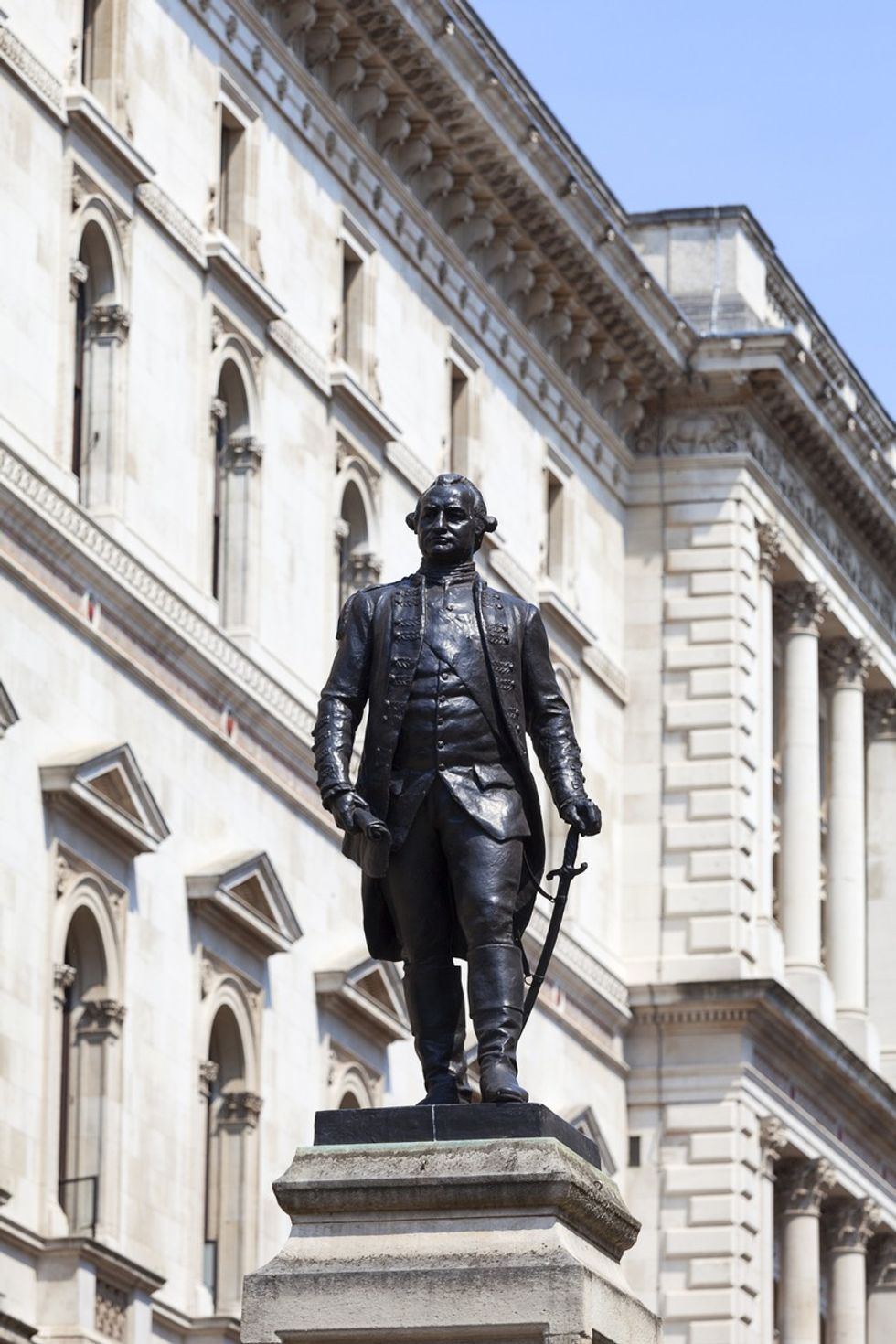 A statue of Robert Clive
A statue of Robert Clive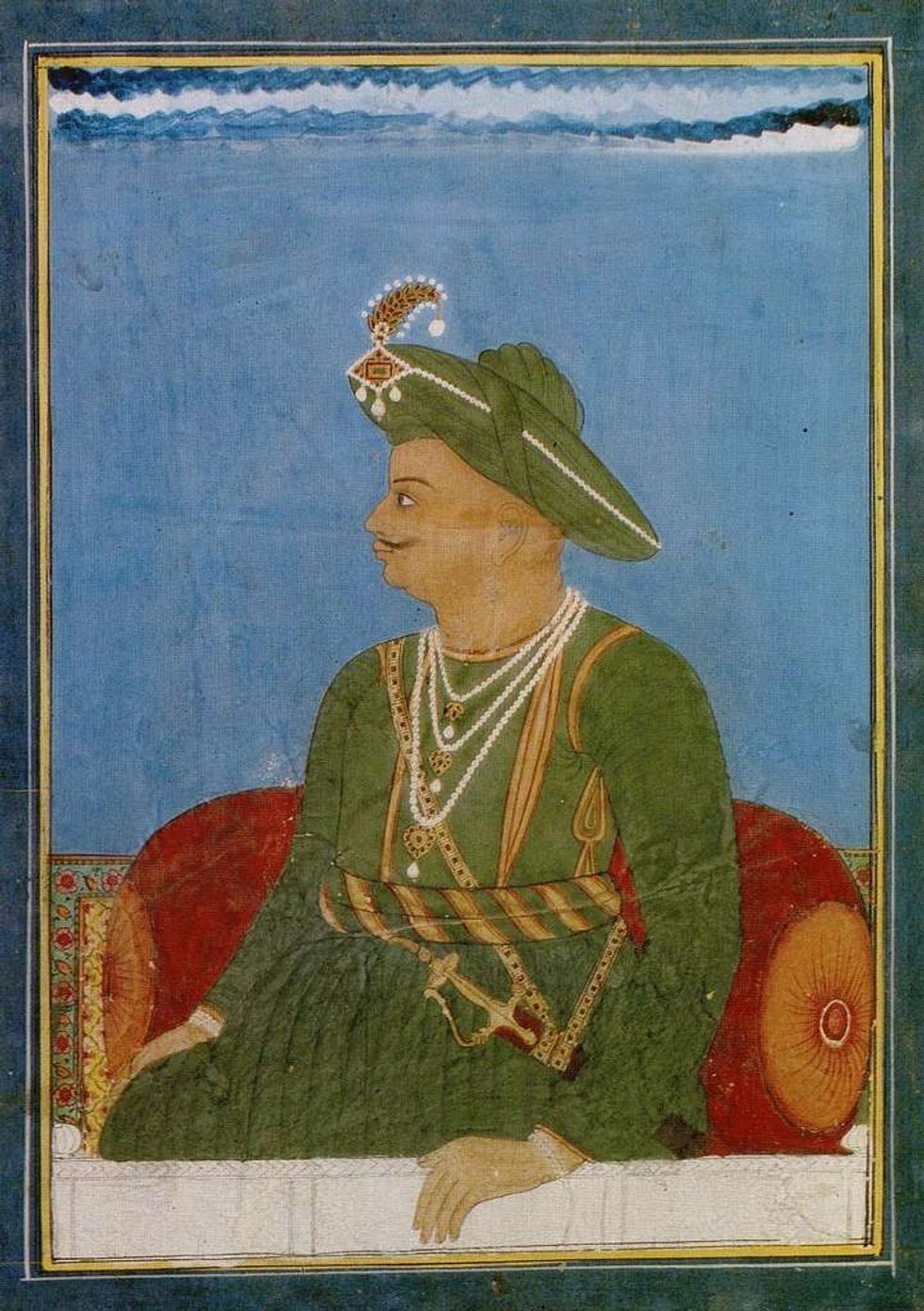 A portrait of Tipu Sultan
A portrait of Tipu Sultan




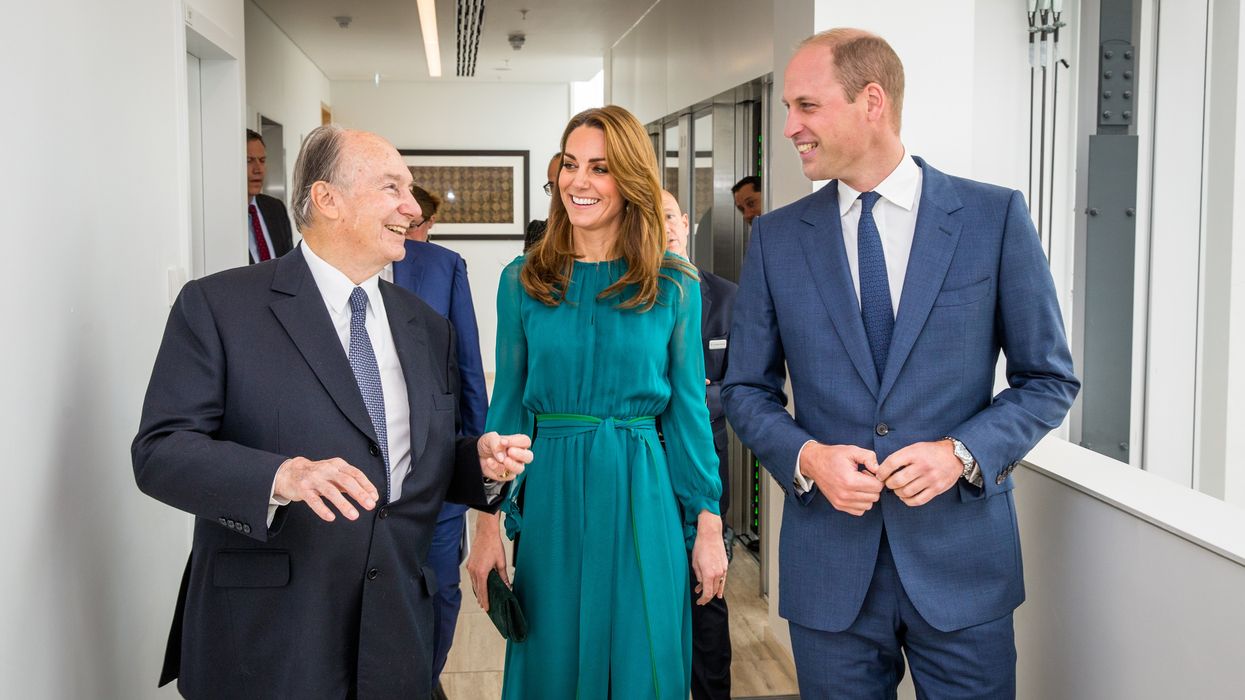






 The rhythm of dhak drums echoes through Tower Hamlets during Boishakhi MelaiStock
The rhythm of dhak drums echoes through Tower Hamlets during Boishakhi MelaiStock Larger-than-life puppets and folk performers lighting up LondoniStock
Larger-than-life puppets and folk performers lighting up LondoniStock  A sea of red and white saris – a visual feast at the heart of the festivaliStock
A sea of red and white saris – a visual feast at the heart of the festivaliStock Indulging in the irresistible flavours of authentic Bengali street foodiStock
Indulging in the irresistible flavours of authentic Bengali street foodiStock The streets of Brick Lane come alive with the vibrant colours of Pohela BoishakhiStock
The streets of Brick Lane come alive with the vibrant colours of Pohela BoishakhiStock A Grand Parade full of energy, culture, and celebrationiStock
A Grand Parade full of energy, culture, and celebrationiStock A celebration of Bengali heritage in the heart of LondoniStock
A celebration of Bengali heritage in the heart of LondoniStock The crowd sways to the timeless melodies and beats iStock
The crowd sways to the timeless melodies and beats iStock
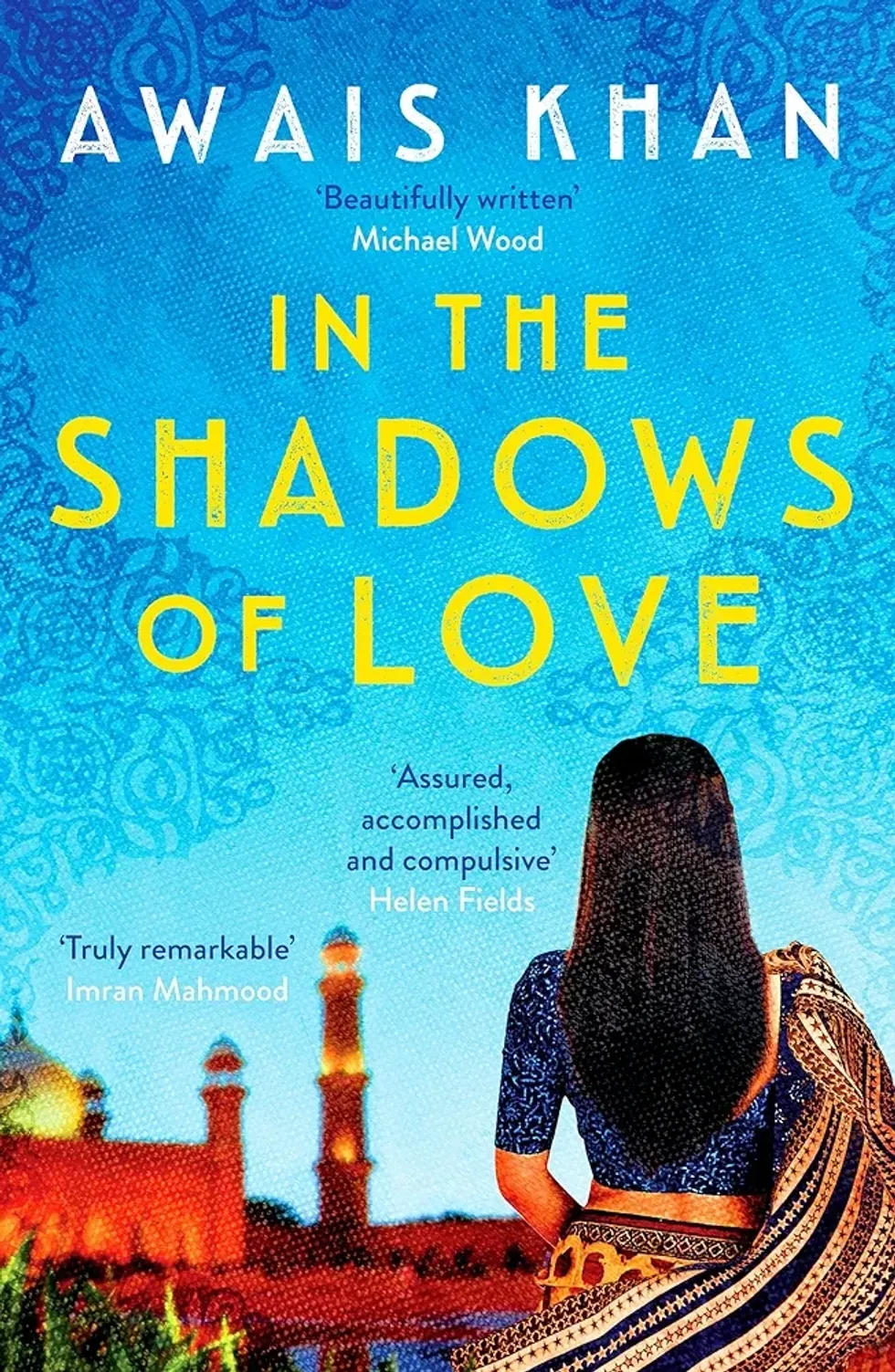
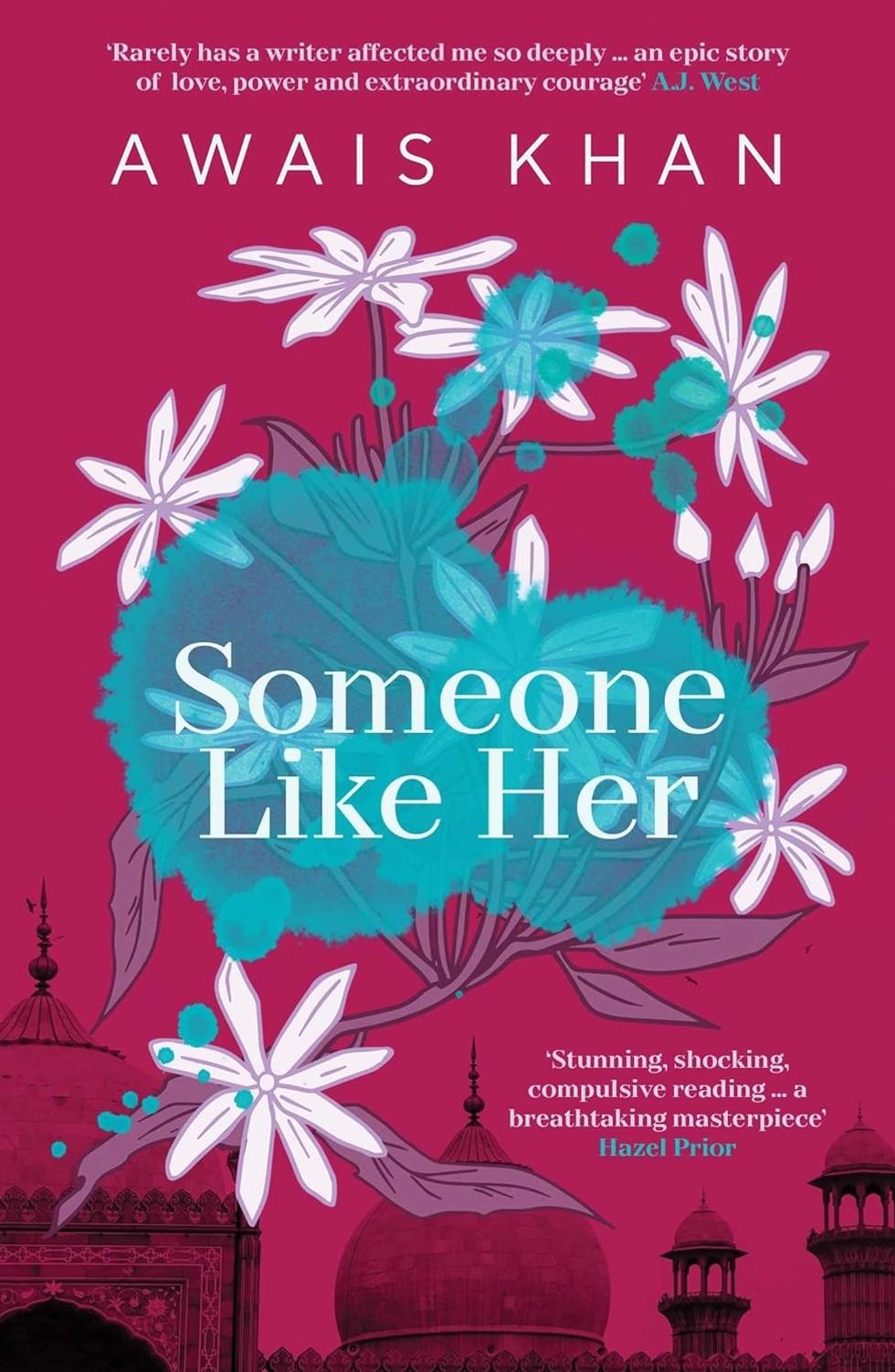

 Burman with Caro Howell
Burman with Caro Howell The IWM North
The IWM North Chila’s father
Chila’s father Chila's mother
Chila's mother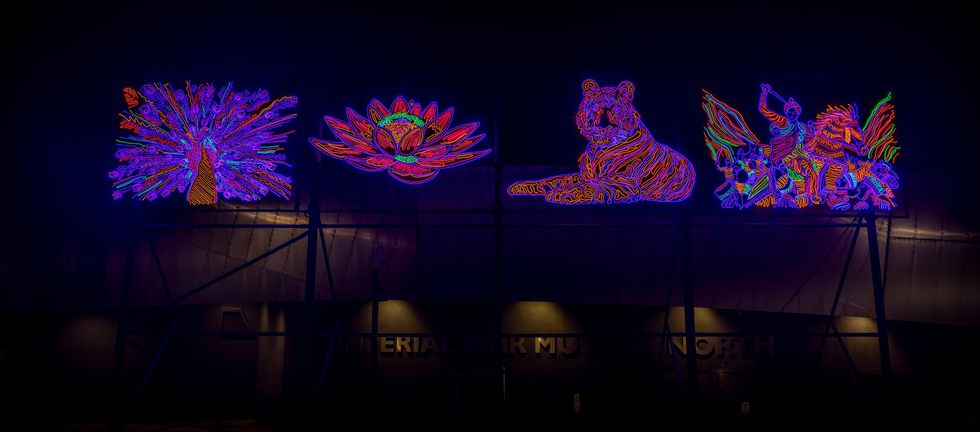 The façade of IWM North
The façade of IWM North Chila as a schoolgirl
Chila as a schoolgirl